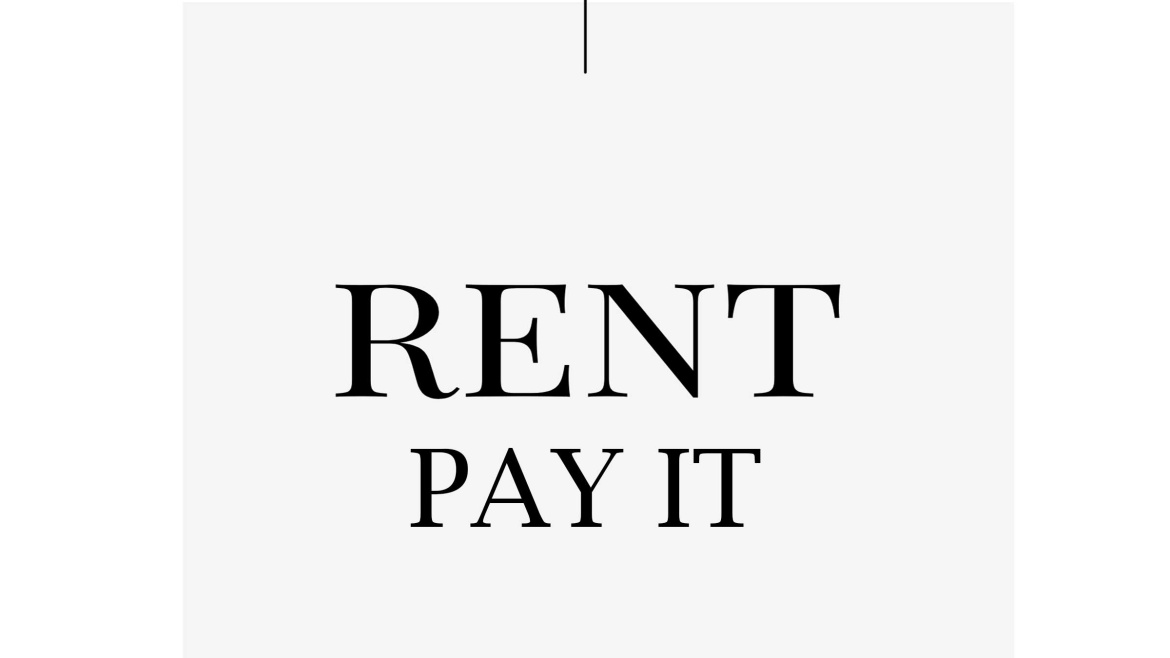It appears that there is a generation that is raised to believe, self advocacy is a bad thing. They are unable to either speak up or advance their personal interest. Whenever need arises, they automatically self-loath and feel guilty. Later, they’d become tenants that assume that rent is one of those things (rights) that government should guarantee. Indeed, there are such restrictions which the government is always keen to enforce such being the Law. A better version of an enforceable right is that which is amenable without any form of coercion and compulsion. Unfortunately, because of the knowledge gaps, tenancy arrangements fall short in exercise of rights and obligations. See why [here].
A Tenant (otherwise known as a lessee) SHOULD sign a lease/Tenancy Agreement. Some of the salient features of such agreements include:
- Rent term,
- Rental amount,
- Due date
- Right and Duties
- Notice Period for a rent-monthly payment
- Default terms
- Governing Law
Instance: Tenant cites economic frustration as a reason for not making their monthly rent payments eg. The consequences of COVID-19 pandemic.
Issues
- What are the obligations of the parties in the Tenancy agreement?
- Remedies available for the Landlord for nonpayment of rent?
Obligations of the parties under the Law.
Although there are different LAWS on tenancy arrangements in Kenya(such as The Landlord and Tenant shops, hotels and catering establishments Act (Cap 301), The Distress for Rent Act (Cap 293), The Rent Restriction Act, (Cap. 296 of the Laws of Kenya)), this discussion shall be limited to the provisions of The Land Act 2012 and limited references to the Constitution, 2010.
There are implied obligations in relation to rent for both the lessor and lessee respectively.
| As long as the lessee pays the rent and observes and performs the covenants and conditions contained or implied in the lease to be observed and performed on the lessee’s part, the lessee shall peaceably and quietly possess and enjoy the land leased during the term of the lease without any interruption from or by the lessor or any person rightfully claiming through the lessor.
The lessee has the obligation; To pay the rent reserved by the lease at the times and in the manner specified in the lease. |
Available remedies for the Lessor for nonpayment of a Lease rent by the Lessee
The Act provides for action that the lessor can apply when the lessee refuses or is unable to pay their rent as follows;
The lessor can terminate the lease by serving a notice of intention to terminate the lease on the lessee when
- Any rent is unpaid for one month after the due date for payment, whether or not a demand, in writing, for payment has been made by the lessor or an agent of the lessor
- The lessee has failed for a period of one month, to observe or perform any condition, covenant or other term, the observation or performance of which has been assumed by the lessee expressly or impliedly in the lease.
Conclusion
The Constitution of Kenya 2010, Article 40 protects the right of every person’s over property especially on use of property, it is at their discretion. Therefore, the Landlord can do the following whenever there is breach of tenancy agreement;
Terminate the Tenancy agreement in the event the Tenancy cannot make periodic payments on time and to immediately start legal action noting to follow the procedures to avoid unlawful evictions and consequences to follow. Optionally to review terms of the Tenancy agreement to accommodate a reduction in rent temporarily until situations- operations normalize.



